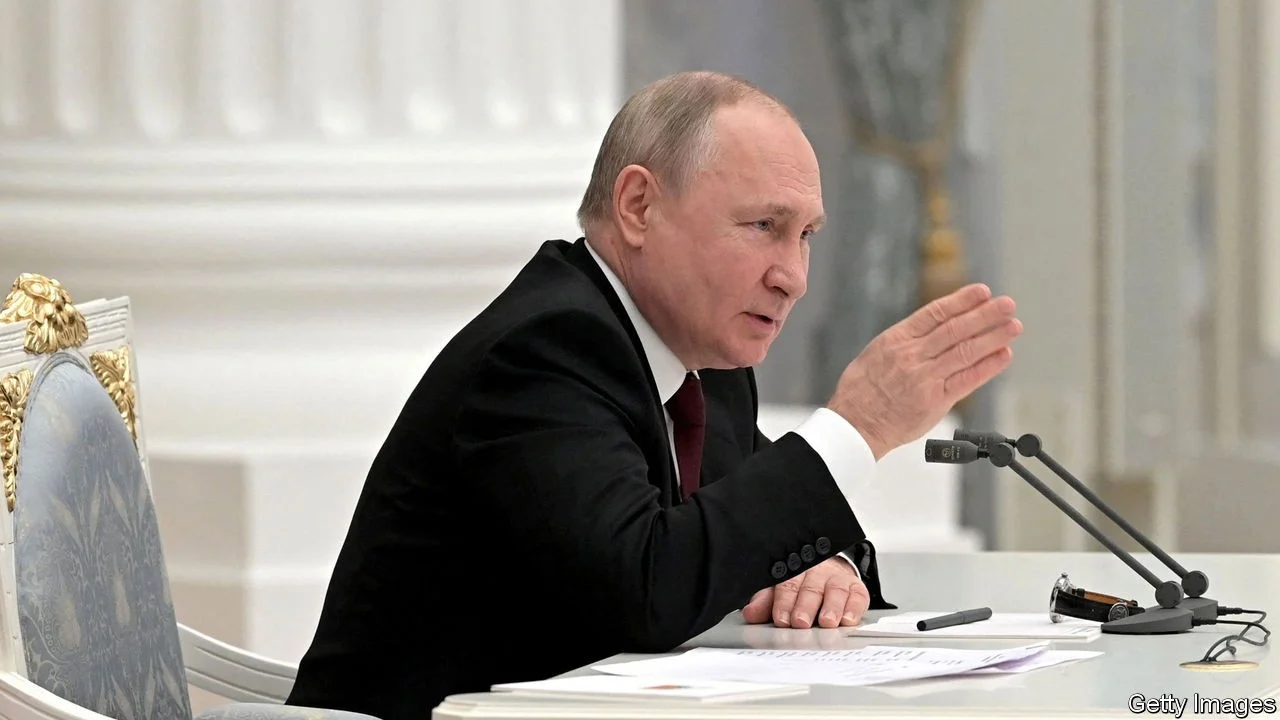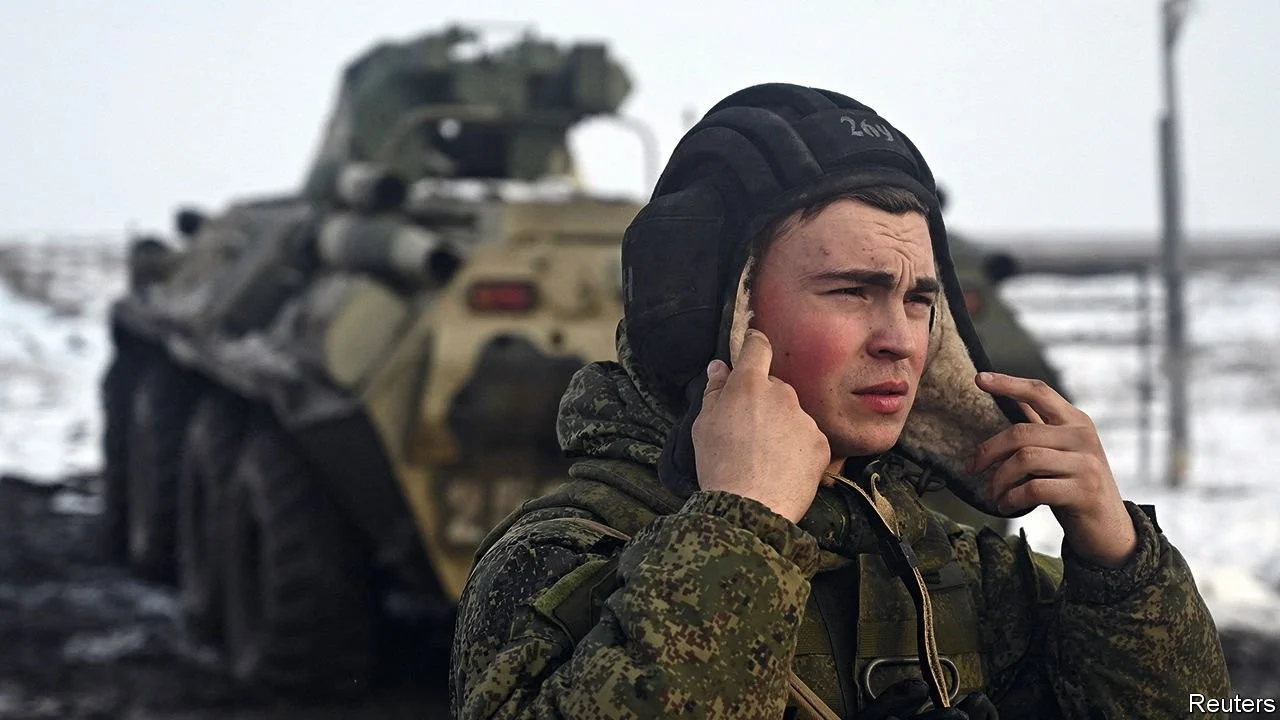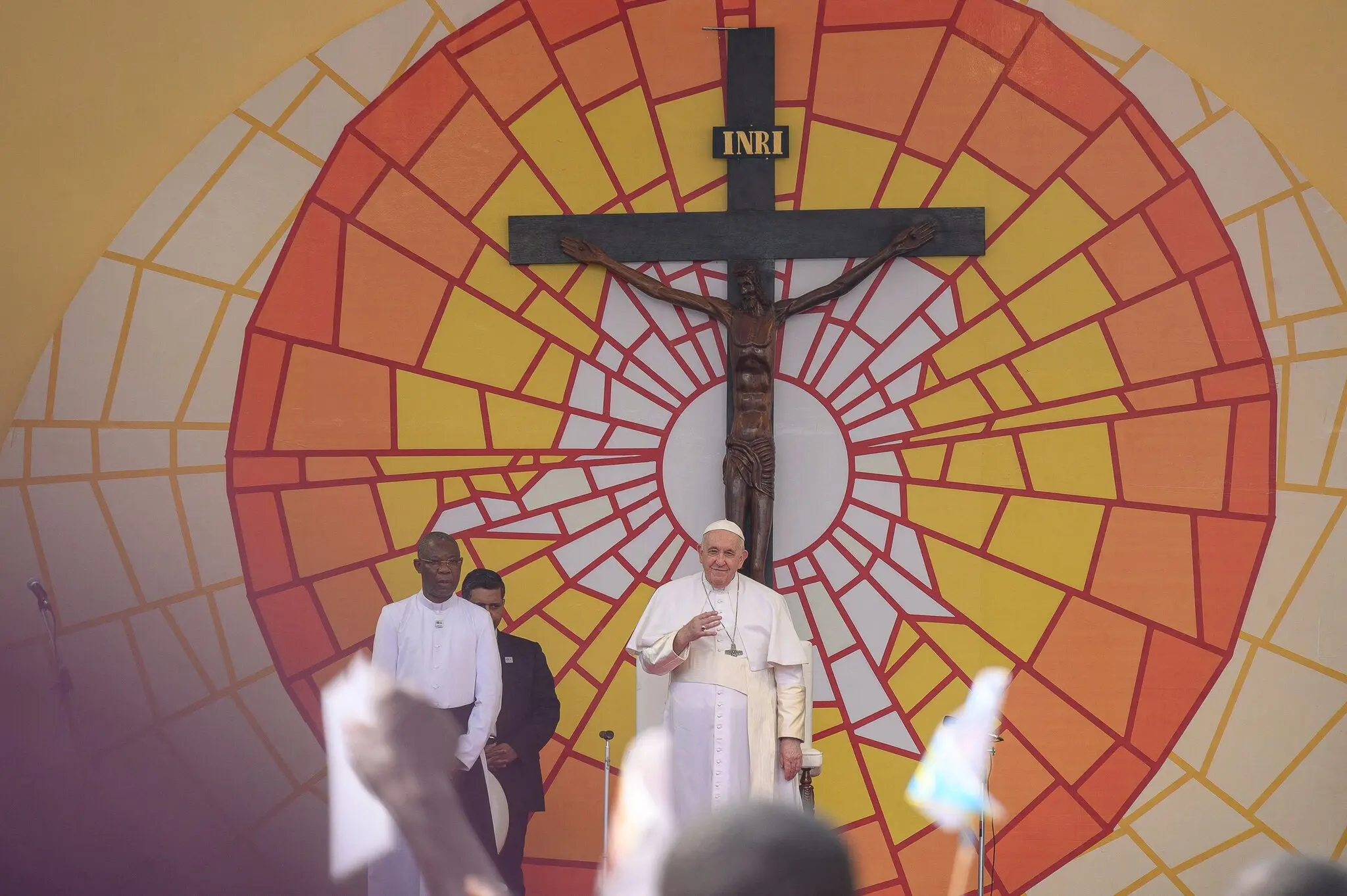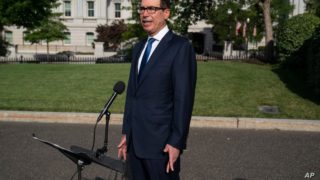
MOSCOW AND KYIV — IN A MOVE that seemed to take Europe to the brink of war, Vladimir Putin, Russia’s president, officially recognised the breakaway “people‘s republics” of Donetsk and Luhansk in eastern Ukraine, and said he would deploy Russian troops to them. In a long and threatening speech he questioned the legitimacy of Ukraine’s independence and accused NATO of using it as a base from which to threaten Russia. The speech, filled with anger and resentment, provided the ideological foundations for further military action, should Mr Putin decide on it.
Earlier, Mr Putin had staged a bizarre televised spectacle to clear the way for recognition of the republics. The move to broadcast an extended meeting of Russia’s national security council was unprecedented. The exchanges with the council members were just as extraordinary. From his position in a white chair, Mr Putin called on his minions, one by one, to speak their minds. He helped those having difficulty making them up. “Speak plainly,” he scolded the foreign intelligence chief, Sergei Naryshkin, who at one point appeared to misstep. “You would support it—or you do support it?” Mr Putin stressed that he had not consulted with his aides beforehand and there was only one decision-maker in the country.

The pained faces of some in the room suggested that not everyone was happy with the direction of travel. Yet they unanimously hewed to what, one must assume, they knew the president wanted to hear—a line that would at best void a seven-year-old set of agreements aimed at producing peace in the Donbas region, and at worst set off a spiral of sanctions and war. Ten of the speakers urged Mr Putin to recognise the breakaway republics immediately. Only three suggested giving diplomacy a final chance. Full recognition would suggest territorial claims on areas currently controlled by Kyiv, since the breakaways claim the whole of the Donbas—and that in turn could prefigure a big new military intervention.
Mr Putin then followed up the two-hour meeting with a rambling address to the nation laying out his belief that Ukraine is nothing but a creation of Russia, that Ukraine is planning a “blitzkrieg” against Donetsk and Luhansk, that NATO has consistently tricked the Russians and that Russia itself is under threat from NATO’s missiles which, he claimed, have been moved to its borders. At the end of it, he strode to yet another desk and signed treaties of “friendship, co-operation and mutual assistance” with each of the two statelets. NATO’s secretary-general swiftly condemned the move for undermining Ukraine’s sovereignty, and described Russia as seeking a pretext to invade Ukraine.
Denouncing the “blatant violation of Russia‘s international commitments”, the White House announced a set of initial sanctions, among them a ban on American investment, trade, and financing of the breakaway statelets, and the authority to impose sanctions on anyone who operates in those areas of Ukraine. More measures were expected on February 22nd. These are not yet the “massive consequences” that America had promised if Russia launched another invasion. A senior White House official noted the deployment of Russian troops to the enclaves merely makes overt what has been a thinly veiled presence since 2014. America, Britain and France called for an emergency meeting of the UN Security Council to discuss the crisis.
The alarming events followed a few days in which the rhetorical temperature has been markedly heightened. “For now, the word…is war,” hollered Russia’s main news programme, which only a few weeks ago was deriding Western histrionics about a non-existent threat to Ukraine. The world may be guessing at the scale and timing of a possible Russian military incursion into Ukraine, but a form of offensive has already started, and disinformation is raging on Russia’s airwaves.
The first salvo of that campaign was fired on February 18th with an explosion in a car park outside the headquarters of the self-proclaimed Donetsk republic. The car bomb—supposedly the work of Ukrainian saboteurs—was quickly followed by televised calls from the pseudo-governments of Donetsk and Luhansk to women, children and the elderly to evacuate. The metadata from the videos, awkwardly, showed that they had been recorded two days before the bombing. The blatant lies should be no surprise: Russia’s television propaganda is not subtle.
In recent days television viewers both in Russia and inside the separatist areas have been told about groups of saboteurs trying to blow up critical infrastructure in Donbas and attempting to access a chemical plant making chlorine. They were told about Ukrainian shells landing in Russia itself and Ukrainian soldiers crossing the border. They saw pictures of women and crying children fleeing “genocide”—a claim Olaf Scholz, the German chancellor, dismissed as “ridiculous” following his meeting with Vladimir Putin on February 15th.
But Mr Putin’s national security council was happy to pick up on the narrative, building the case for war. Sergei Lavrov, the foreign minister, called Ukrainian leaders Nazis, and said they were intent on attacking “Slavs and everything Russian”. Sergei Shoigu, the defence minister, said Ukraine was high on NATO weapons, had lost control of nationalistic gangs, and could even make a dirty bomb. Valentina Matviyenko, the speaker of the upper house and the only woman on the council, said that the past seven years of Ukrainian history have been a genocide against Russians. Nikolai Patrushev, the chairman of the council, cast accusations yet wider. America has staged the conflict in Ukraine to weaken Russia, he said. The aim was to dismantle the Russian Federation, no less.
For many weeks, the Kremlin has refrained from making a clear argument to justify war. But the propaganda offensive now appears to be at full throttle, with claims of genocide and NATO aggression merged into one call to action: it is better, the Russian rhetoric runs, to deal with Ukraine now than to wait until it is too late. In his speech recognising the puppet statelets, Mr Putin called upon Ukraine to “stop fighting”. If it didn’t, he said, its leaders would bear “full responsibility” for what comes next. Most of what Mr Putin said was utter nonsense, but the implication that something terrible is soon to happen may not be.
By The Economist




